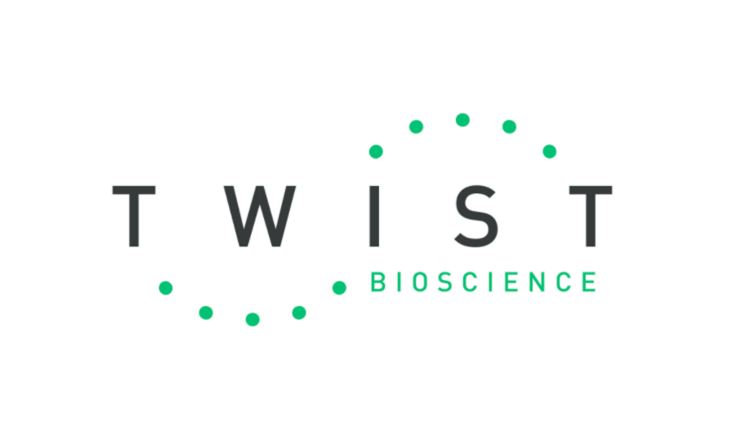Investors Optimistic About COYA 302’s Potential
- Coya Therapeutics’ shares rise after announcing a new study for ALS treatment
- Phase 2 study submitted to the FDA on June 14
- FDA requests additional data within 30 days
- COYA 302 targets multiple dysregulated immune pathways
Coya Therapeutics, a Houston-based biotechnology company, has seen its shares rise after announcing progress in developing a new treatment for amyotrophic lateral sclerosis (ALS), also known as Lou Gehrig’s disease. The company submitted its Phase 2 study to the U.S. Food and Drug Administration on June 14, with the FDA requesting additional data within 30 days. Coya Therapeutics’ treatment, COYA 302, targets multiple dysregulated immune pathways while restoring function in anti-inflammatory Treg cells.
Factuality Level: 8
Factuality Justification: The article provides accurate and relevant information about Coya Therapeutics’ progress with their treatment for amyotrophic lateral sclerosis, including details on the stock performance, submission to the FDA, and the potential of their treatment. It is objective and does not include any digressions or personal opinions.
Noise Level: 1
Noise Justification: The article provides relevant and concise information about a biotechnology company’s progress on a potential treatment for amyotrophic lateral sclerosis, with no unnecessary filler content or misleading claims. It also stays on topic without diving into unrelated territories.
Public Companies: Coya Therapeutics (N/A)
Key People: Connor Hart (N/A)
Financial Relevance: Yes
Financial Markets Impacted: Biotechnology industry
Financial Rating Justification: The article discusses the stock price of Coya Therapeutics and its impact on financial markets due to a new study related to a treatment for amyotrophic lateral sclerosis, which is relevant to the biotechnology industry.
Presence Of Extreme Event: No
Nature Of Extreme Event: Other
Impact Rating Of The Extreme Event: No
Extreme Rating Justification: There is no extreme event mentioned in the article.
 www.marketwatch.com
www.marketwatch.com 





